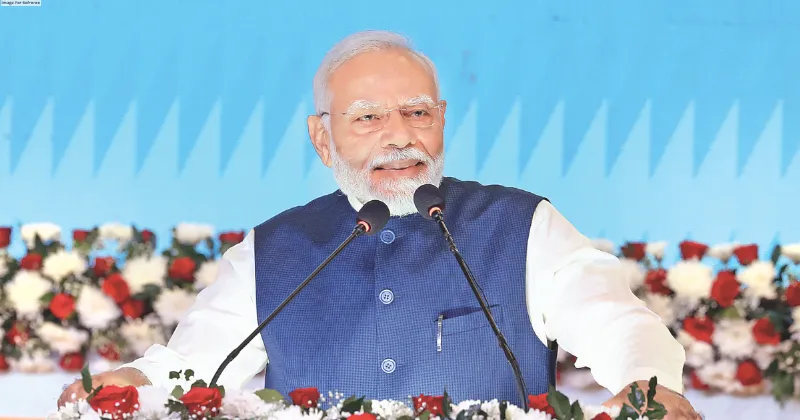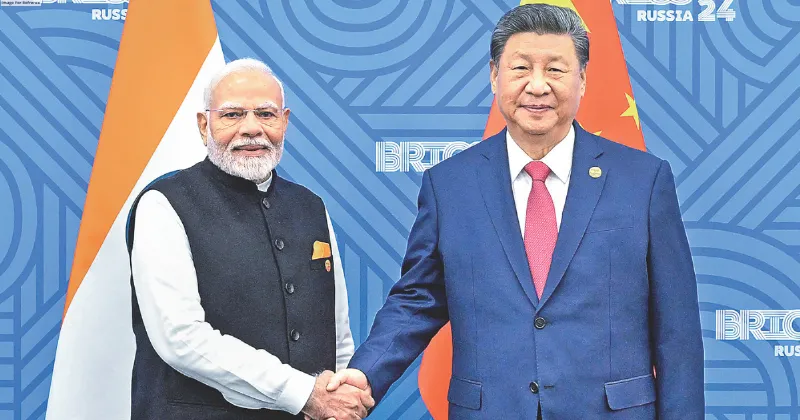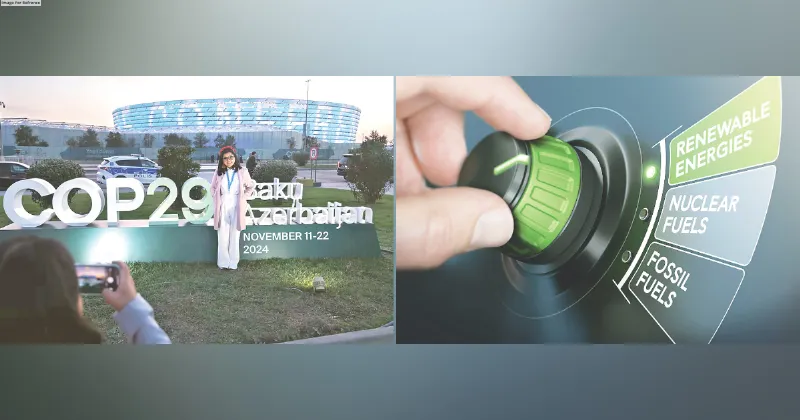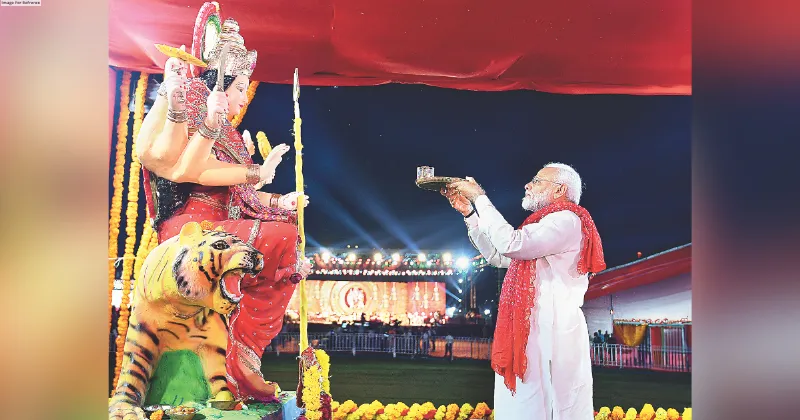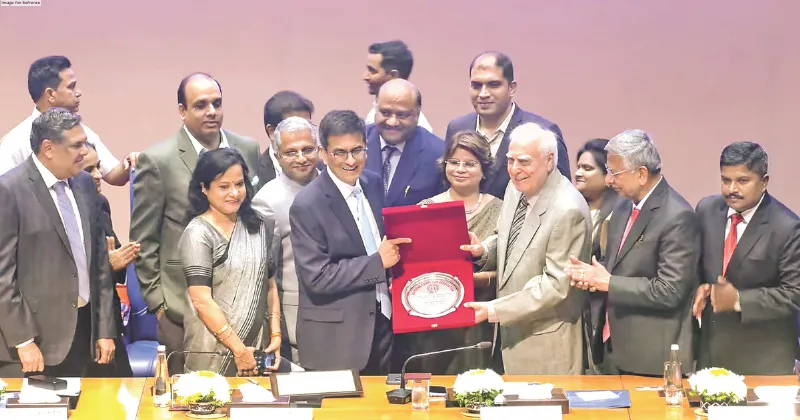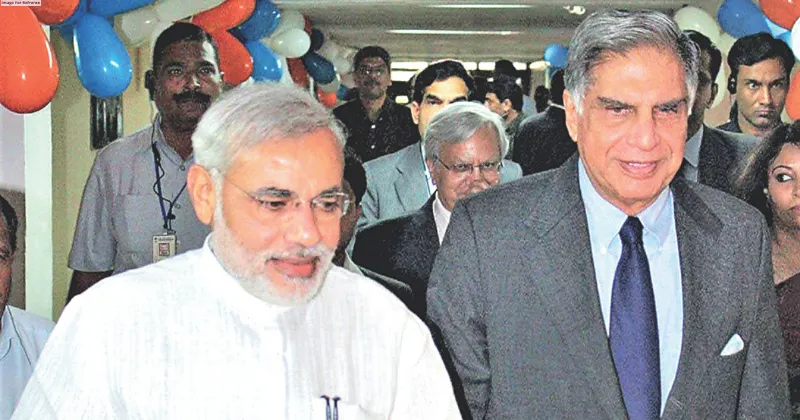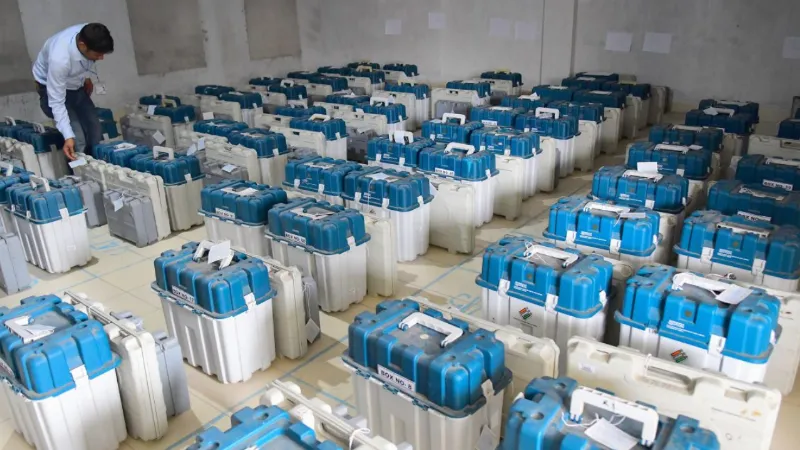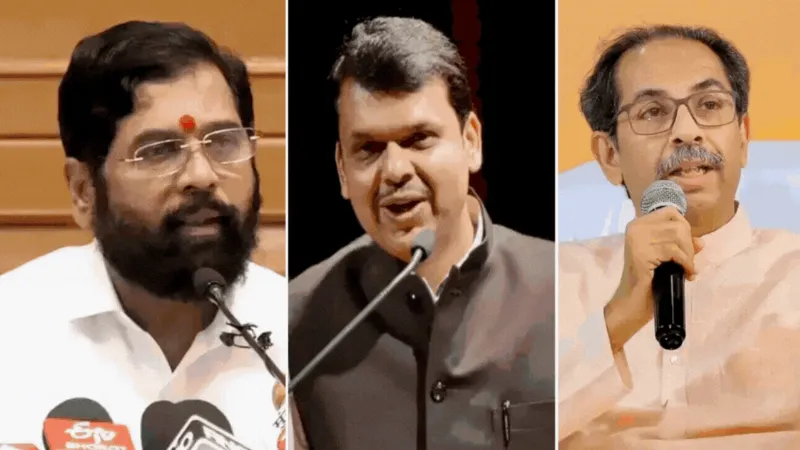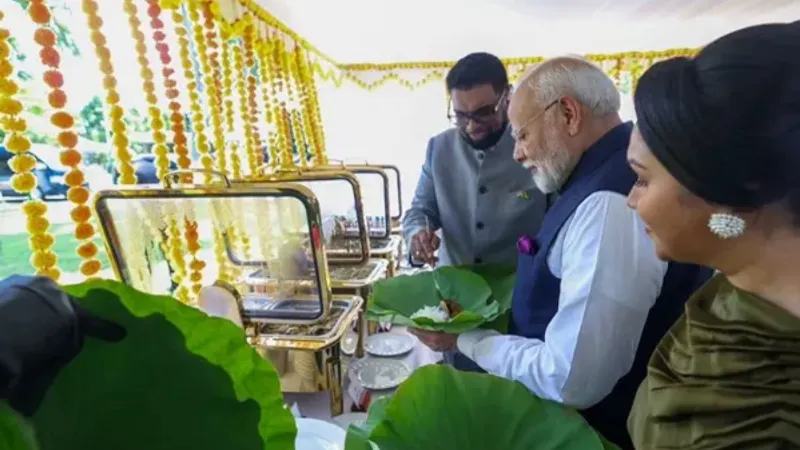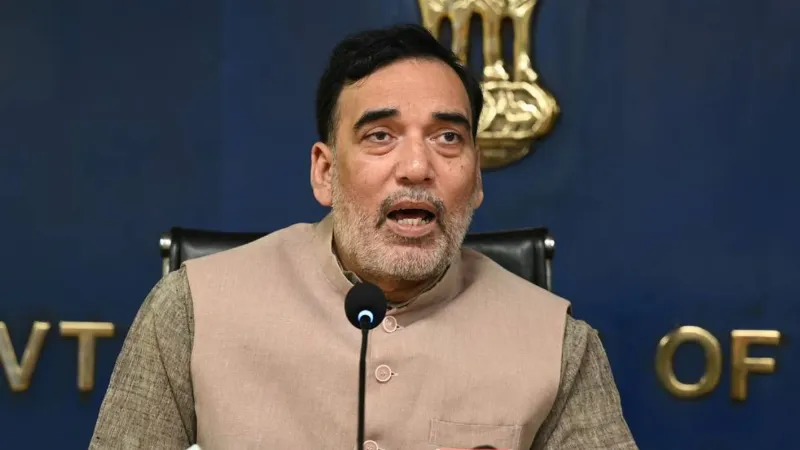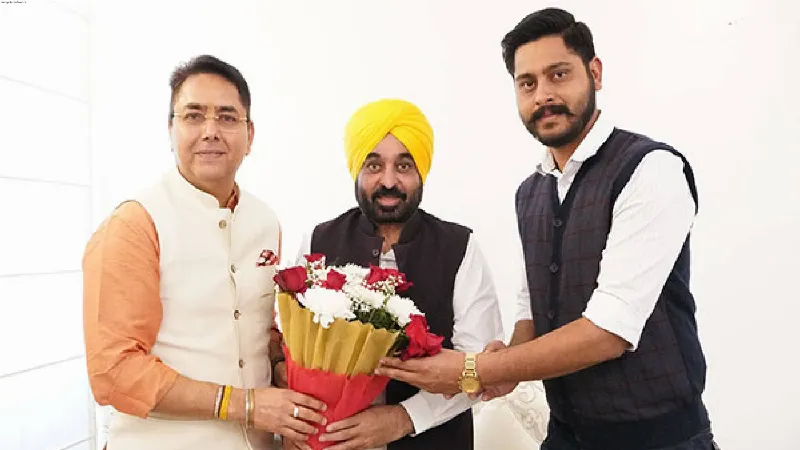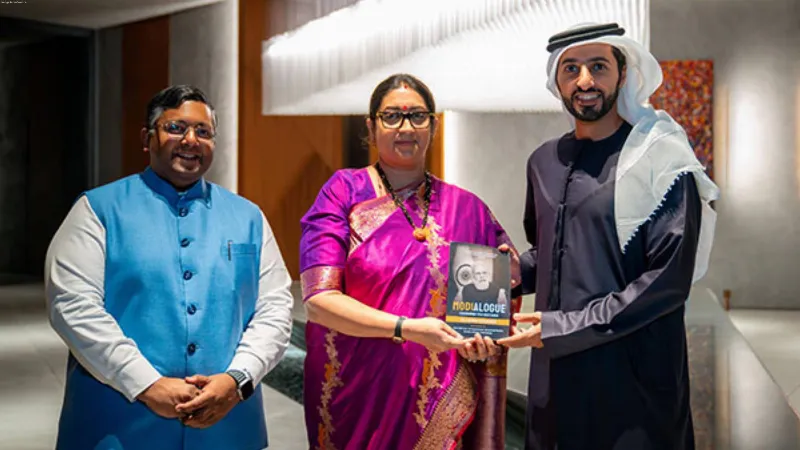REDISCOVERING THE ANCIENT, ASPIRING FOR THE MODERN

Collective Spirit, Concrete Action, Mann Ki Baat and Its Influence on India
Climate change has come to dominate modern-day politics and political activism in much of the developed West. This has occurred even more so in the last few years, owing to increased efforts to influence policies across governments on issues ranging from sustainability to decarbonization. Climate politics in the West is largely identified with Leftleaning political movements that usually don the label of ‘progressivism’ as compared to Right-leaning ‘conservatism.’
In India, the political templates of the West fall by the wayside, as PM Narendra Modi has defied the political stereotypes used in the West through a policy-level commitment to sustainability. To understand how he has broken through these stereotypes to champion sustainability, one has to take a journey through Mann Ki Baat over the years, in which he connects modern India’s priorities with ancient India’s principles. The PM considers the past to be a living guide that is constantly mentoring, informing, guiding and advising. Mann Ki Baat has, in many ways, brought ancient India’s history alive to have a conversation with modern India on its path to development.
In the April 2018 episode, the PM touched upon a subject that has been dear to him for decades—water conservation. He took the opportunity to inform listeners about how water conservation has been a way of life in India for centuries. Recalling the due priority and importance given to each drop of water, he highlighted the many indigenous methods developed to conserve water. Talking about stone carvings in Tamil Nadu depicting irrigation systems, water conservation methods and drought management, he urged the listeners of Mann Ki Baat to visit historic sites in the state, such as Mannarkovil, Cheranmahadevi, Kovilpatti and Pudukkottai, to see these massive stone inscriptions. Drawing people’s attention to baoris (stepwells), which have emerged as famous tourist spots, such as the UN Educational, Scientific and Cultural Organization (UNESCO) World Heritage site of Adalaj and Patan’s Rani ki Vav in Gujarat, PM Modi called them temples of water conservation. Speaking about Chand Baori in Rajasthan, one of the biggest and the most beautiful stepwells of India, the PM drove home the point that water conservation has had an ethical and societal value in India from ancient times.
More than a year later, in November 2019, the programme veered back to this critical subject, during which the PM highlighted the manner in which ancient Indian culture celebrated rivers periodically, through festivals dedicated to 12 rivers across India.
My dear countrymen, Pushkaram, Pushkaraalu, Pushkaraha—have you ever heard these terms? Do you know what these are? Let me tell you. These are the different names by which festivals organized on 12 different rivers across the country are called. One river every year…that means it would recur on that particular river after 12 years… and this festival is held sequentially every year in 12 different rivers spread across the country… and it lasts for 12 long days. Just like the Kumbh festival, this too, encourages the concept of national unity. And echoes the philosophy of ‘Ek Bharat Shreshtha Bharat’ (One India Best India). […] Pushkaram is a festival in which the greatness of the river, the glory of the river, the importance of the river in our lives… all these are brought forth naturally. Our forefathers put a lot of emphasis on nature, on environment, on water, on land, on forests. They understood the importance of rivers, and tried to inculcate a positive mindset towards rivers in the society. They constantly strove to conflate the river with the cultural stream, the stream of tradition, and with the society. And the interesting thing is that, not only did it bring the society closer to the rivers, it also brought people closer to each other. Last year, the Pushkaram was held on the Thamirabarani river in Tamil Nadu. This year it was held on the Brahmaputra River. Next year it will be held in Telangana, Andhra Pradesh and Karnataka on the Tungabhadra River.
In April 2022, PM Modi once again invoked tradition and cultural values to speak about water conservation, highlighting its importance. He quoted ancient Indian scriptures to renew his appeal to citizens: Paniyam paramam loke, jeevanam jeevanam samritam (Water is most important for survival of life on our planet, all of life is encompassed in it).
Explaining the essence of the quote, he reiterated how water was the basis for all life on the Earth and the greatest resource for humanity. Recounting how water conservation was a persistent theme across great Indian epics, such as the Ramayana and the Mahabharata, PM Modi emphasized the need to connect water sources across India. Tracing India’s water engineering heritage to the Indus–Sarasvati civilization, he spoke about how Harappan sites had interconnected systems of water sources. Paying special attention to indigenous wisdom in water conservation of several native tribes, the PM underscored how sustainable living was a universal ethic across ancient India’s diverse cultures.
SOURCE: FAIR OBSERVER
Shashi Shekhar, The writer is former CEO of Prasar Bharati, managed the dual broadcast networks of Doordarshan and AIR, while also serving as CEO of Rajya Sabha TV, India’s parliamentary TV Channel

